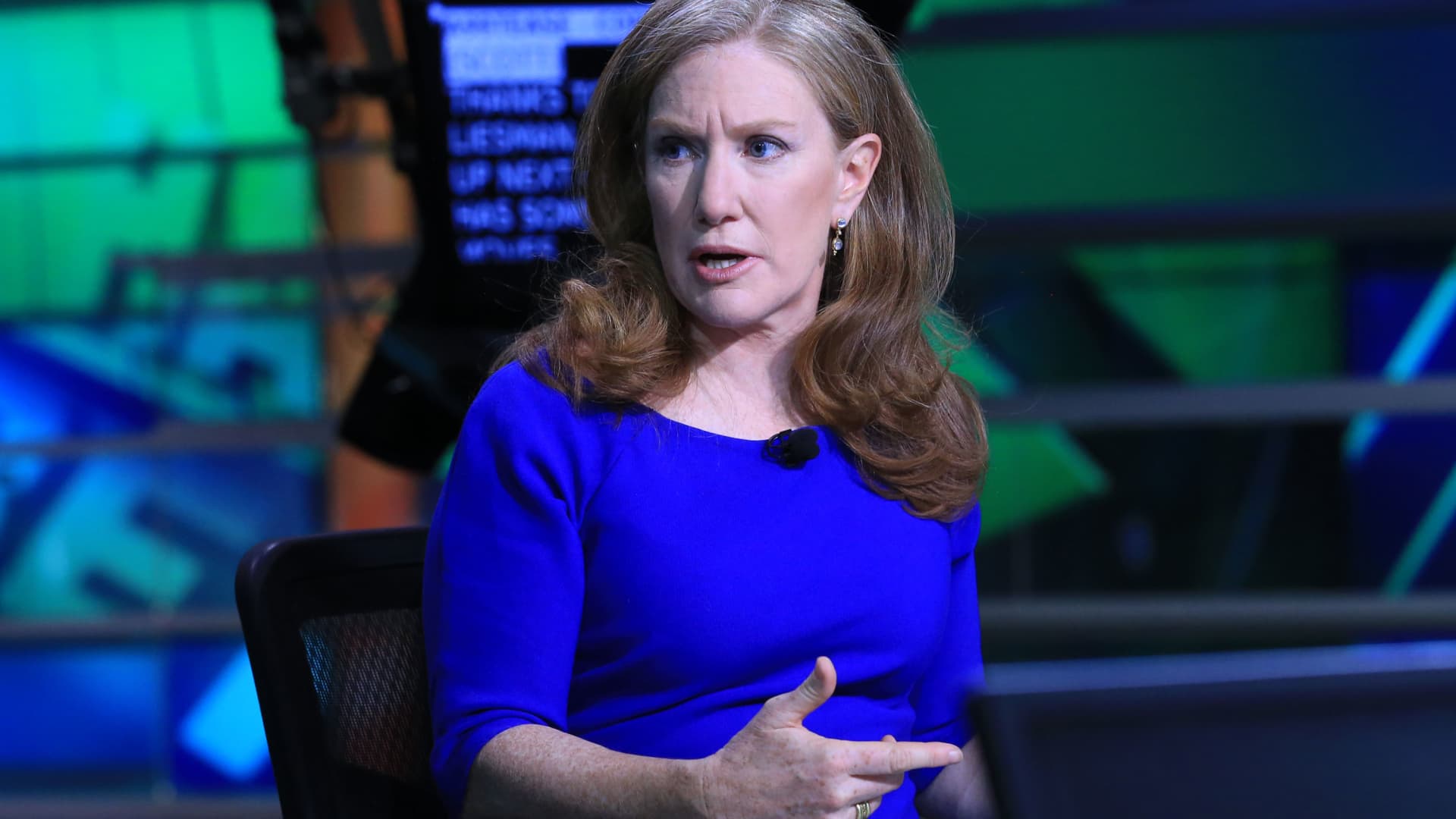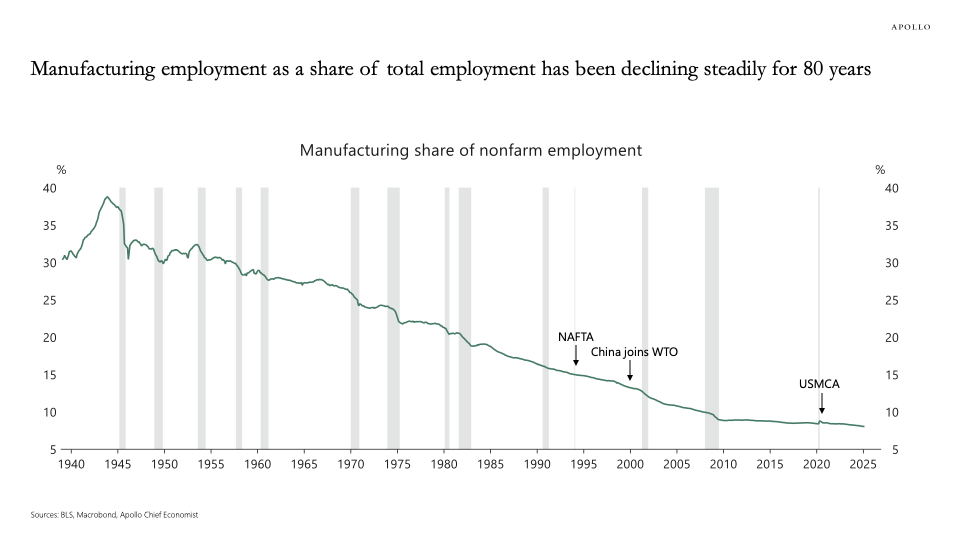How I Manage Finances with My Non-Financially Savvy Fiancé – Should We Combine Everything After Marriage?
When you finally decide to join your life with someone else, you start your new life by making a series of decisions, including thinking through where to live and what to do with your finances. For many couples, deciding whether to join their finances or keep them separate is a painstaking decision with lasting consequences. […] The post How I Manage Finances with My Non-Financially Savvy Fiancé – Should We Combine Everything After Marriage? appeared first on 24/7 Wall St..

When you finally decide to join your life with someone else, you start your new life by making a series of decisions, including thinking through where to live and what to do with your finances. For many couples, deciding whether to join their finances or keep them separate is a painstaking decision with lasting consequences.
This Redditor worries about the difference in finances between her and her fiancé.
There are some major red flags here, as the original poster has a warped view of money.
The ideal situation is to separate pre-marital finances and then join together marital assets.
Are you ahead, or behind on retirement? SmartAsset’s free tool can match you with a financial advisor in minutes to help you answer that today. Each advisor has been carefully vetted, and must act in your best interests. Don’t waste another minute; get started by clicking here.(Sponsor)
Key Points
In the case of one Redditor posting in r/fatFIRE, there is some uncertainty about how to move forward with a partner who isn’t yet a member of the FIRE community. The original poster has a net worth of around $2 million, while her partner has a net worth of around $300,000, which begs the question of whether to join finances.
To be fair, it took me 10 seconds to read this post before I realized that this Redditor has a slightly warped view of things, but the question around joining finances is one that both FIRE and non-FIRE people go through every day.
The Situation
The 32-year-old female original poster is engaged to a 29-year-old man, and because of a difference in salary and net worth, they are struggling with their combined finances.
The Redditor has an approximate net worth of around $2 million with VTI shares and another $1.5 million in property equity, and her salary is anywhere between $600,000 and $1 million per year. Her fiancé has a $300,000 net worth spread across different investments and savings.
He earns around $250,000 working in tech, and his salary is likely to significantly increase over time. While the Redditor claims that her fiancé isn’t financially savvy, her numbers argue otherwise.
Perhaps more importantly, the Redditor notes that the fiancé is moving into her place, and she doesn’t plan to charge him for rent. If this isn’t a red flag, I’m unsure what could be more of one, as charging for rent shouldn’t even be on the table. Thankfully, even before getting engaged, she’s been onboard with the joint account, but wonders if she’s just in the love bubble and if this is a smart move.
The Red Flags
If you don’t catch any red flags in the original Redditor’s post, there are quite a few. First and foremost, the notion that the original poster even suggested that she wouldn’t charge rent is pretty wild. This individual is your fiancé, and he’s moving in with you. And while he should be splitting the bills evenly, posing it as if you are doing him a favor isn’t the best way to continue or start this new phase of your relationship.
Marital advice aside, this Redditor seems to be worried about her fiancé’s finances, but at $250,000, he’s in the top 10% of earners, and she already admits his income is likely to grow. Indicating that he isn’t money savvy with a $300,000 worth and a considerable salary is questionable, especially considering he is only 29 years old. He is way ahead of most 29-year-olds, so this judgmental approach to his finances seems completely irrational.
The bottom line is that if she is worried, there is always the option of a prenuptial agreement to protect premarital assets. This way, if a divorce occurs, both parties will leave with everything they brought into the marriage.
Should You Combine Finances
Ultimately, connecting their finances together is likely the smartest course of action. This way, everyone is responsible for doing their part. However, the original poster could also separate premarital accounts and then create a joint account for money earned after marriage.
This might be a way of keeping funds commingled to allow everyone to be held accountable for spending, without worrying about any other existing money. This means that the money necessary for the bills for a home, travel, entertainment, and everything else should be joined together, but if there is any concern whatsoever, leave the finances separate.
The biggest consideration here is that money earned by both parties after they are married should be viewed as community property. This shouldn’t be a “mine versus his” scenario, as this is only likely to blow up in everyone’s face by creating animosity.
While he may not make as much as you know, by the original poster’s own account, in 10 years, he could make more, so she might be setting herself up for disappointment even if she’s the current “breadwinner.”
The post How I Manage Finances with My Non-Financially Savvy Fiancé – Should We Combine Everything After Marriage? appeared first on 24/7 Wall St..







































































































































































